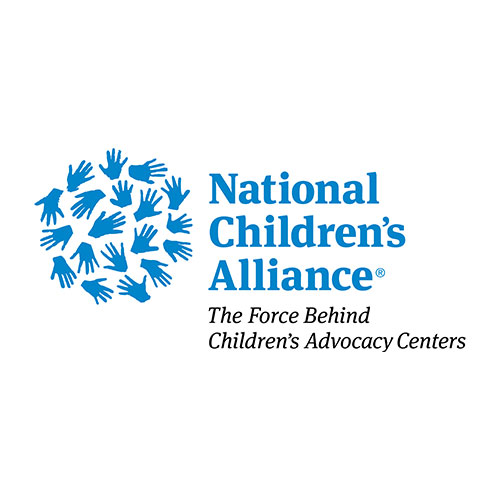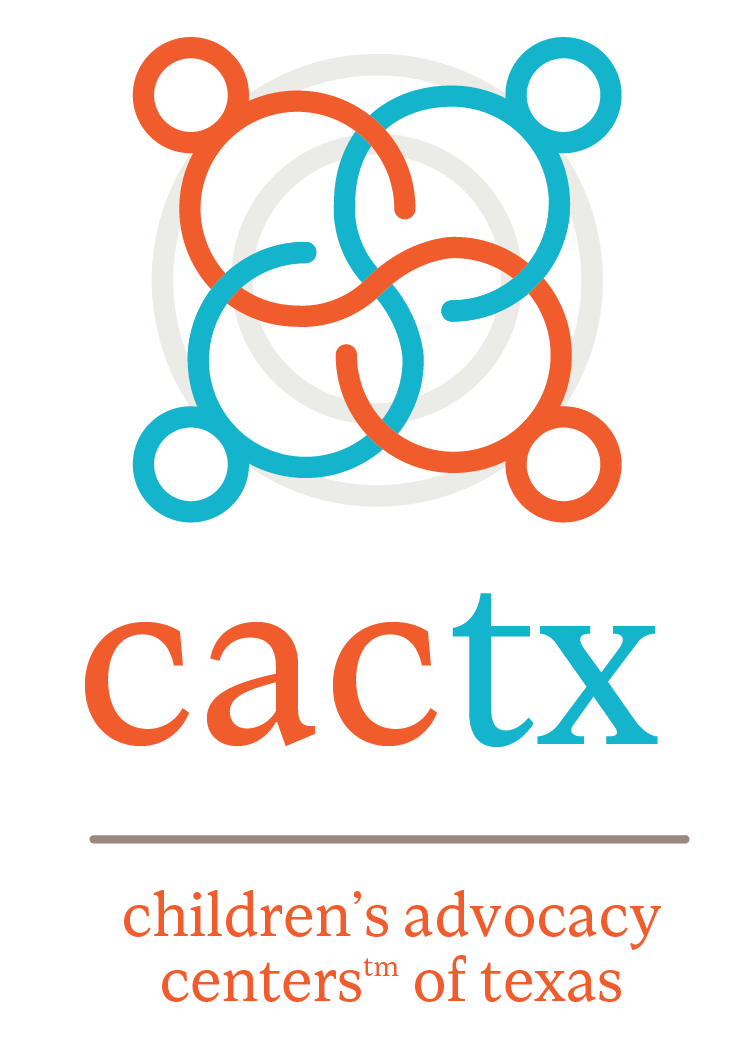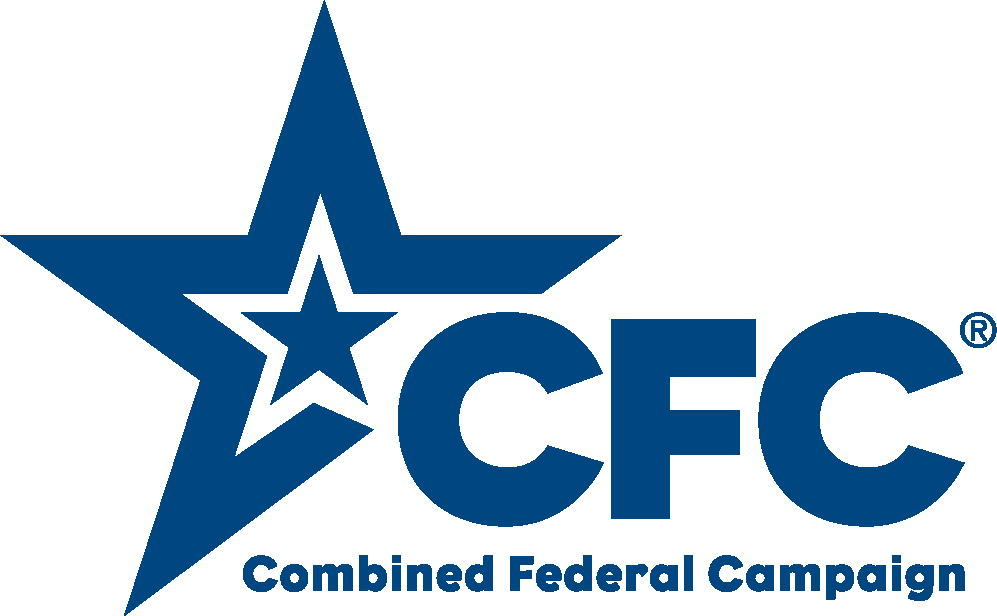FAQ
What is The Bridge service area?
The Bridge provides services to the top 26 counties of the Texas Panhandle.
Does the recorded forensic interview take the place of a child having to testify?
No, according to the confrontation clause in the U.S. Constitution, it is the defendant’s right to be able to cross-examine their accuser. The recorded interview serves two purposes by (1) eliminating the need for the child to be interviewed multiple times by investigative agencies (2) the recorded interview can be used in trial in addition to the child testifying, often times, lessening the amount of time the child is on the stand.
How are children referred to The Bridge?
Children are referred through either Child Protective Services or Law Enforcement. Direct appointments can not be accepted.
How many children do you see in a day?
Six to eight children come to The Bridge CAC every day.
How do children and families access services at The Bridge Children's Advocacy Center?
Children and families must be referred by Children’s Protective Services or Law Enforcement. These are the agencies responsible for investigating reports, and in order to ensure a coordinated investigation, they must be present for the interview and coordinate the appointments.
Who can watch the interviews?
Only investigators or Bridge staff may observe the interviews.
What does it cost to receive your services?
The Bridge CAC is a nonprofit corporation. Services are offered free of charge to children and families.
Are parents allowed to be in the interview room during the interview with the child?
Only the interviewer and the child are in the room during the interview, unless an interpreter is needed. If an interpreter is needed then The Bridge will contact the appropriate agency to set up a neutral interpreter.
What types of cases do you see?
- Victims or witnesses of Sexual Abuse
- Victims or witnesses of Physical Abuse
- Witness to Homicide
- Witness to Domestic Violence
- Witness to Drug Use
- Witness or victim of any other felony offense.
How are you funded?
- Individual and Corporate Donors
- Government Grants
- Area United Ways
- Children’s Advocacy Centers of Texas
- 3rd Party Fundraisers
- America’s Best Thriftstore
Who Should Report?
Intervention has to take place to protect children, to get them to a place of healing and to restore their childhood.
The Law:
Texas Family Code (261.101) states that a person having cause to believe that a child’s physical or mental health or welfare has been or may be adversely affected by the abuse or neglect must report immediately.
Failure to report is punishable by imprisonment for up to 180 days and/or a fine up to $2,000.
Texas Family Code, Chapter 34, 261.101.
Who Must Report:
Any person having cause to believe that a child’s physical or mental health or welfare has been or may be adversely affected by abuse or neglect must report IMMEDIATELY. Professionals shall make a report within 48 hours of the initial suspicion of abuse. A professional may not delegate or rely on another person to make the report.
Legal Protection:
The identity of an individual making a report under this chapter is confidential and my be disclosed only on the order of a court or to a law enforcement officer for the purposes of conducting a criminal investigation of the report.
You are immune from civil or criminal liability as long as the report is made in “good faith” and “without malice”. “Good Faith” means that you took reasonable steps to learn the facts. “Without Malice” means that you did not intend to injure or violate the rights of another person.
Failure To Report:
Class B Misdemeanor punishable by imprisonment for up to 180 days and/or a fine of up to $2,000.
What to Report:
Child’s Name & Age
Address &/or School
Parent’s Name & Address
Any Statements Made by Child
Physical Indicators Observed
Behavioral Indicators Observed
Person Suspected of Abuse or Neglect
Relationship to Child
*Fill in what you know.
What are the signs of child abuse?
(This is not an exhaustive list.)
General Indicators of Child Abuse:
- Change in behavior, grades
- High risk behaviors – drugs, promiscuity, etc
- Running away
- Low self-esteem
- Suicidal thoughts/attempts
Physical Abuse Indicators:
- The story of how an injury occurred does not make sense or remain consistent
- Bruises/burns that have a defined shape
- Injuries in places not common with childhood activities
Sexual Abuse Indicators:
- Age-inappropriate sexual knowledge
- Fear of certain persons or places
- Nightmares, bed wetting
- Unexplained gifts, money, special privileges
Neglect Indicators
- Malnutrition, stealing food
- Child is unattended for long periods of time
- Exposure to dangerous weapons
Possible Perpetrator Indicators:
- Grooming – deliberate actions taken by an adult to form a trusting relationship with a child with the intent of later having sexual contact.
Taking an excessive interest in someone’s child (text messaging, seeking time alone). - Giving gifts or money to the child for no apparent reason.
- Talking about topics that are not appropriate for age or relationship (child’s experience with dating or sexual acts, adult topics).
- Initiating physical contact with child (tickling, wrestling, lap sitting, kissing, hugging).
- Allowing child to have special privileges or break the rules.
*Note to Remember: Not all sexual assault perpetrators are adults. ”
Report Child Abuse to:
Local Law Enforcement
Statewide Hotline: 1-800-252-5400
Online: txabusehotline.org
What can I do as a parent?
Know
KNOW your children’s friends and their families, caregivers, youth group leaders, teachers or any person spending time alone with your children.
Teach
TEACH your child names for their private parts, and that they have the right to say NO. Never make your child submit to physical contact if they do not want to.
Listen
LISTEN when your child tells you that he or she does not want to be with or go with someone else.
Understand
UNDERSTAND that no one should want to be with your child more than you. When someone is showing your child too much attention, ask yourself why. Listen to your intuition.
Explain
EXPLAIN to your child who a “someone” is, when you instruct them to tell you if “someone” looks at or touches their private places.
Use
USE the word surprise instead or secret with your children. Teach them to tell you when any adult asks them to keep a “secret”.
Avoid
AVOID putting your child’s first name on clothing or school books. This puts your child on a first name basis with anyone they may come in contact with.
Code
Have a CODE word that only you and your children know to be used in an emergency.
Tell
TELL your children that when away from home, if they feel scared or uncomfortable, they have the right to use the telephone without anyone’s permission.
Believe
BELIEVE your children if they say they have been abused. Encourage them to ask questions if they are confused or not sure if another’s behavior is acceptable or not.
Report Child Abuse to:
Local Law Enforcement
Statewide Hotline: 1-800-252-5400
Online: txabusehotline.org
How do I talk to my child about abuse?
If a child you know hints, even in a vague way, that abuse has occurred, listen to them. Stay calm. Tell them that you would like to help them. Children often report abuse in small bits to test your reaction see how you will react and determine your trustworthiness.
The following are suggestions for handling a child’s disclosure of abuse:
- Be patient, calm, and supportive
- If you notice a child is acting out, tell the child you believe them
- Find out how the child feels physically
- Be aware of your verbal and non-verbals
- Do not question the child extensively
- Do not introduce or suggest
- Do not take the law into your own hands
- Be supportive of the child
Helpful Links
- Child Help USA
- Children’s Advocacy Centers of Texas
- Darkness to Light
- National Association to Protect Children
- National Center of Missing & Exploited Children
- National Children’s Alliance
- National Sex Offender Registry
- Prevent Child Abuse Texas
- Texas Association Against Sexual Assault
- Texas Department of Family and Protective Services
- Texas Sex Offender Registry
- United Way of Amarillo & Canyon
- UnitedHealthcare MRF
- Web Wise Kids











